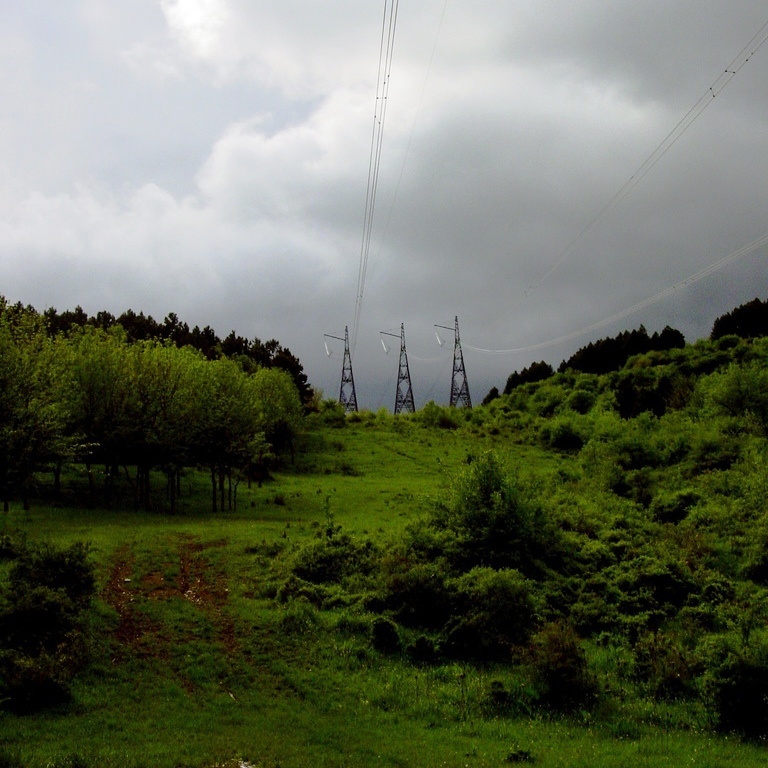Newly announced EPA restrictions on air emissions are killing jobs and raising electricity prices, with Georgia Power Co. announcing it will have to close three coal-fired power plants over the next two years because of EPA’s new restrictions.
Removing Power from the Grid
EPA’s more stringent restrictions would force Georgia power to pay for costly equipment upgrades or additions, which would make the power plants no longer economically viable.
“We’re in the process of putting together a plan. We are looking at the long-range potential impact that all these regulations will have on all of our plants,” said Lynn Wallace, a spokesperson for Georgia Power. “We are aware the regulations could potentially impact our plans. But there is a lot of uncertainty regarding these regulations, and we don’t know that we can take any actions until the final rules come out.”
The plan will be finalized in the coming weeks, Wallace said, and then released for public scrutiny. But in the meantime, media reports abound that Georgia Power is shutting separate coal-fired power plants in Milledgeville that began operation in 1965 and 1976, and another one in an undisclosed location.
The utility also proposes to cut an extra 2,600 megawatts from its grid system by ramping up energy efficiency. Taken together with the plant closures, Georgia Power consumers are in for some serious rate hikes, says Benita Dodd, vice president of the Georgia Public Policy Foundation.
Attacking Primary Power Source
“Georgia gets more than half its energy from coal, and Georgia Power gets 60 percent or more from coal,” Dodd said. “So this is going to become a very expensive venture for Georgia ratepayers.”
Georgia electricity customers are about to be socked by a formidable one-two economic punch, Dodd explains.
“The closures are going to hurt ratepayers now, but the regulations are going to hurt when they’re implemented,” Dodd said. “These regulations are indefensible, they’re unnecessary, and they’re incredibly expensive.”
This is all part and parcel of the Obama administration’s energy policies, Dodd says. What’s particularly striking about these regulations, she explained, is the technology required to comply with some of the requirements—those pertaining to the removal of mercury, for instance—doesn’t even exist.
“It’s all an anti-fossil-fuel agenda that’s coming out of the Obama administration’s philosophy of driving us to the so-called green approach, and that’s costing us immensely,” Dodd said.
Cheryl Chumley, [email protected], writes from northern Virginia.




